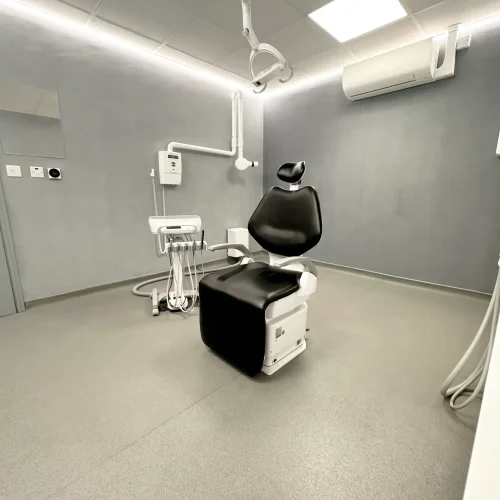Treatment Duration
1 Hour - 3 Hours
Price
From £400
MD Expert
15+ Years
Stress-Free Dental Sedation
We offer a sedation option to make dental visits as comfortable and stress-free as possible.
Our sedation service, IV sedation,
Sedation can be used for various procedures, from routine cleanings to more complex treatments, ensuring you remain relaxed and at ease throughout your visit.
Our team is trained in administering sedation safely and effectively, providing a calm and controlled environment for your dental care.
Why Choose Us?
Choosing us for sedation dentistry means receiving care from professionals who understand the importance of comfort and relaxation during dental treatments.
Our experienced team will work with you to determine the best sedation option for your needs, ensuring a smooth and pain-free experience.
We prioritise your safety and well-being, using the latest technology and techniques to precisely administer sedation.
Our goal is to make every dental visit a positive experience, helping you overcome anxiety and achieve optimal oral health in a stress-free environment.

FAQs
A dental hygienist primarily focuses on preventive oral health care.
They clean patients’ teeth by removing plaque and tartar, assess the health of the gums, provide education on proper oral hygiene techniques, and apply preventive materials such as sealants and fluorides.
They may also take dental x-rays and guide diet’s impact on oral health.
It is generally recommended that you visit a dental hygienist for a cleaning and check-up every six months.
However, depending on your oral health status, your dentist or hygienist might suggest more frequent visits.
If you have a history of periodontal disease, are prone to cavities, or have other health conditions that affect your oral health, more frequent visits may be necessary.
A dental hygienist is trained in preventive oral health care and typically performs services such as cleanings, fluoride treatments, and oral health education.
A dentist’s scope of practice includes diagnosing and treating oral diseases, performing restorative procedures like fillings and crowns, and conducting surgical procedures such as tooth extractions and root canals.
While dental hygienists are skilled at identifying signs of oral diseases such as gum disease and cavities, they do not formally diagnose these conditions. Instead, they will recommend that a dentist review any areas of concern.
However, hygienists are trained to recognize abnormalities and can alert dentists to areas that need further examination.
During your visit to a dental hygienist, you will first discuss your medical history, which helps the hygienist understand your overall health and any factors that might affect your oral health.
The hygienist will then thoroughly clean your teeth to remove plaque and tartar, both above and below the gum line.
They may also measure the depth of the gum pockets around your teeth to check for signs of gum disease.
After cleaning, they will polish your teeth to remove any surface stains.
Finally, the hygienist will provide personalized advice on how to improve your oral hygiene routine at home.